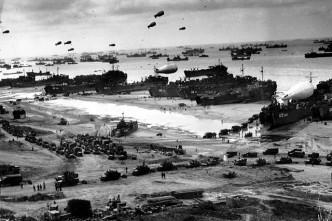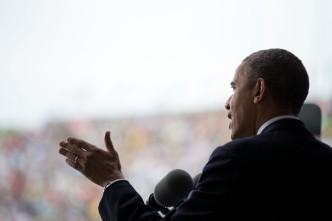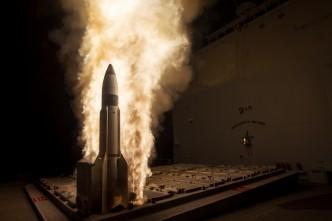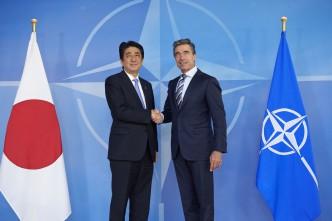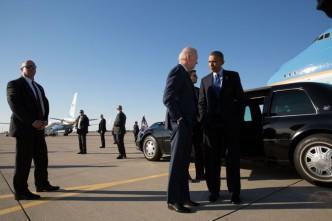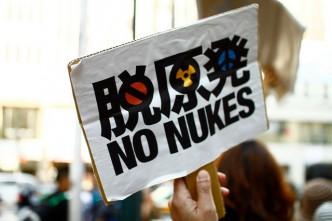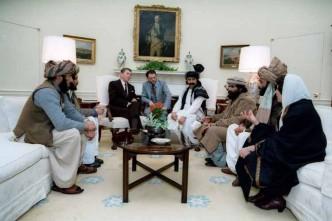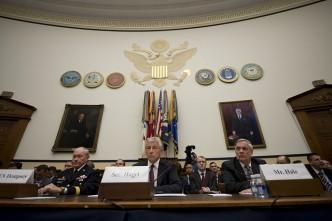To commemorate the 70th anniversary, ASPI invited a range of contributors to reflect, briefly, on why D-Day was significant. Their contributions are posted here. D-Day: A bright and shining moment for liberal democracy Seventy years …
President Obama’s explanation of his foreign policy has come and gone, but he has won few converts. True, he tells a credible story about continuing US leadership, exceptionalism, and the intermeshing of unilateral and multilateral …
The Asian security architecture has long been defined by two sets of arrangements: a US-centred set of alliance arrangements, and an ASEAN-centred set of institutions. The conundrum of the modern Asian security environment is that …
The issue of ballistic missile defence (BMD) was a controversial one when US President Reagan first advocated a strategic-level system in the early 1980s. It remains so today—defences against theatre- and tactical-range missiles are gradually …
Japanese Prime Minister Shinzo Abe has chalked up a string of wins lately—all in the field of strategic policy. The visit by President Obama led to a public strengthening of US commitments to defence of …
The debate between Peter Jennings and Robert Ayson over whether DFAT does ‘strategy’ has opened up a rich vein of thinking. In essence, the debate has been less about what DFAT does or doesn’t do, …
President Obama’s recent Asian tour, although successful, has done little to dilute the questioning of his global leadership style. A New York Times editorial on the weekend concluded that the president’s foreign policy isn’t as bad …
In a recent commentary in The National Interest, titled ‘Let Asia go nuclear’, Harvey Sapolsky and Christine Leah outlined a case in favour of the US accepting nuclear proliferation by its allies in the Asia …
The unfolding strategic environment in Asia is generating two strategic competitions: one horizontal and one vertical. The horizontal competition is highly visible: indeed, we see the evidence of it almost daily, as regional countries contest …
It would have been interesting to be a fly on the wall at the meeting last Friday between US President Obama and Saudi King Abdullah. With reports emerging that Obama is again considering the possibility …
Recent events in Crimea have seen a number of commentators (here, here and here) return to the notion that Ukraine made a mistake in the early 1990s by agreeing to give its nuclear weapons back …
Readers of the recently released US Quadrennial Defence Review will be struck by one major characteristic: namely, a fondness for the notion of ‘rebalancing’. Asian readers looking for signals of the Obama administration’s commitment to …
